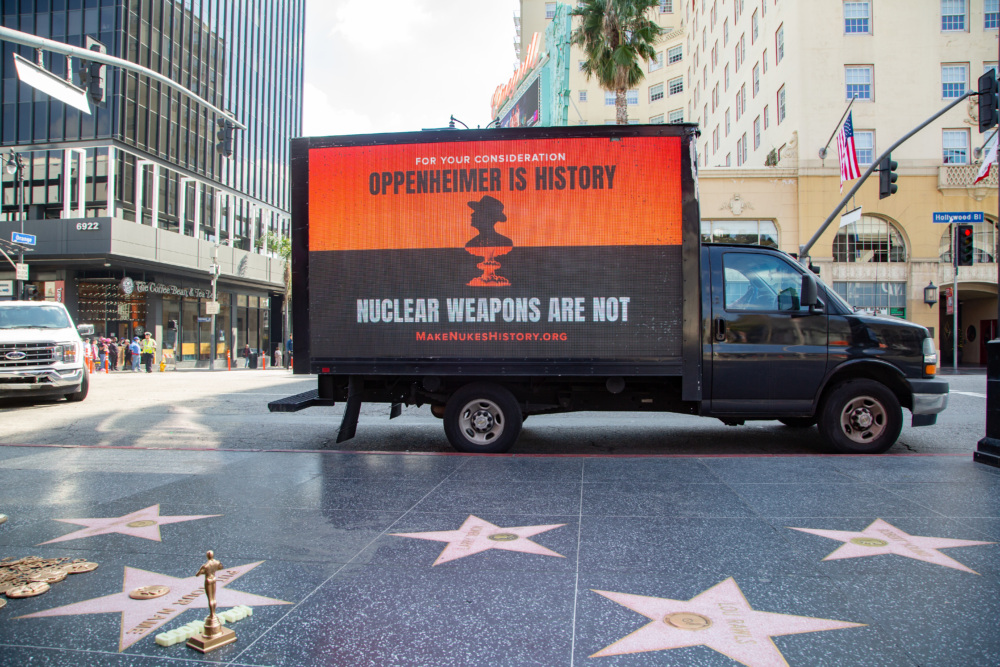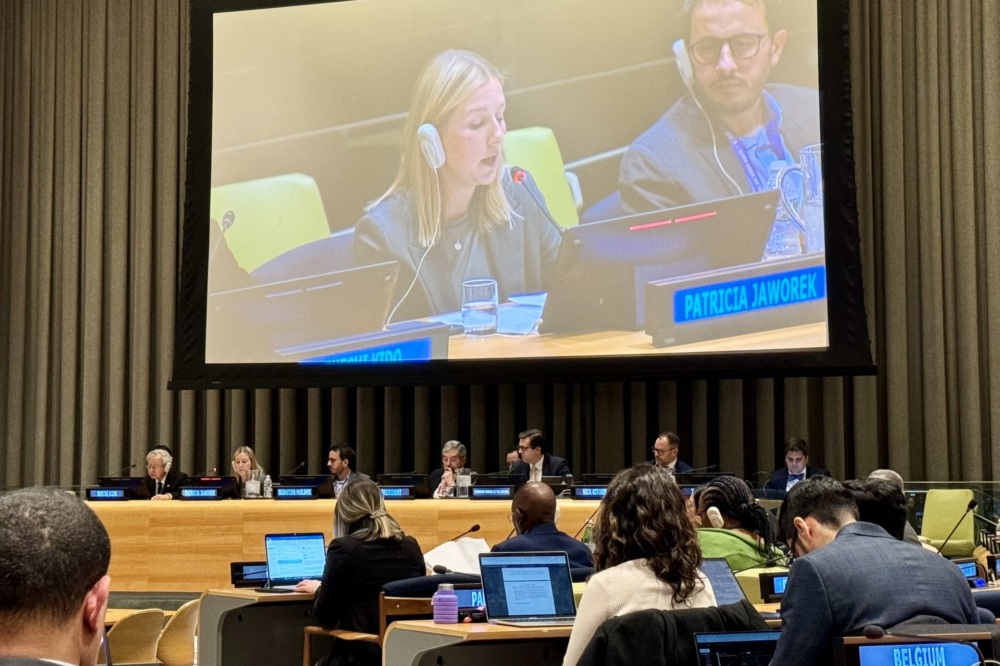
Henry A. Kissinger
Chairman of Kissinger Associates, Inc., former U.S. Secretary of State
Statement by George Shultz, William Perry, Henry Kissinger, and Sam Nunn on START Follow-On Treaty
The four of us have expressed our belief that the potential use of nuclear weapons is one of the gravest dangers the world faces and have expressed our support for moving toward a world without nuclear weapons. But we understand that eliminating nuclear weapons will be a longterm and very difficult undertaking, and so we have emphasized the importance of near-term steps leading to that goal. Critical to achieving any of these steps was the renewal last year of nuclear arms talks between the United States and Russia. The goal of those talks has been a near-term reduction of nuclear weapons, with mutually-agreed verification procedures.
The governments of Russia and the United States have recently concluded the talks started last year. We congratulate them on this important achievement. We look forward to carefully reviewing the Treaty when it is made public. We strongly endorse the goals of this Treaty, and we hope that after careful and expeditious review that both the United States Senate and the Russian Federal Assembly will be able to ratify the Treaty. We also urge the two governments to begin planning now for even more substantial reductions, including tactical nuclear weapons.
###
Former Secretary of State George Shultz, former Secretary of Defense William Perry, former Secretary of State Henry Kissinger and former Senator Sam Nunn have joined together to coauthor three op-eds in The Wall Street Journal linking the vision of a world free of nuclear weapons with urgent steps that can be taken to reduce nuclear dangers. For more information about their efforts, please visit www.nuclearsecurityproject.org
Sign up for our newsletter to get the latest on nuclear and biological threats.
NTI's #MakeNukesHistory campaign breaks through Oscars coverage to remind people that while Oppenheimer is history, nuclear weapons are not.
NTI Program Officer Patricia Jaworek joined a panel discussion on the devastating humanitarian effects of nuclear weapons and shared her research on the subject.
NTI announces its third annual campaign to mark the anniversaries of the atomic bombings of Hiroshima and Nagasaki and create a shared moment where people come together to show their support for a world without nuclear weapons.


